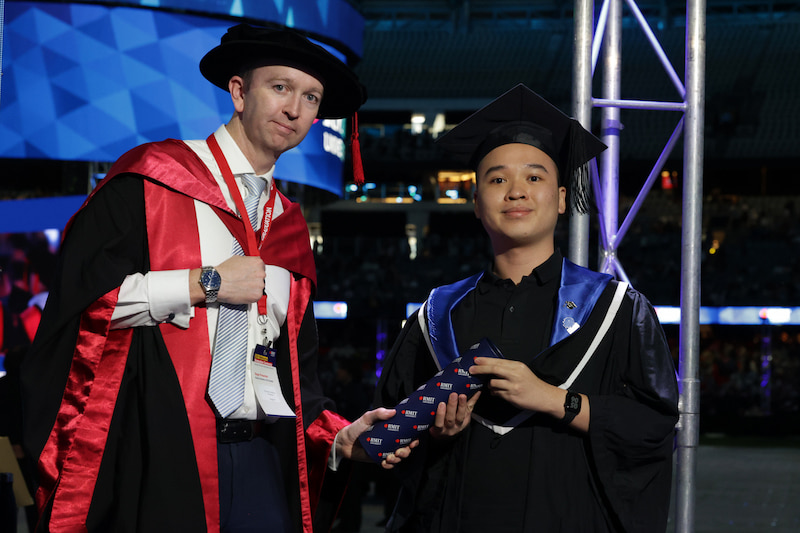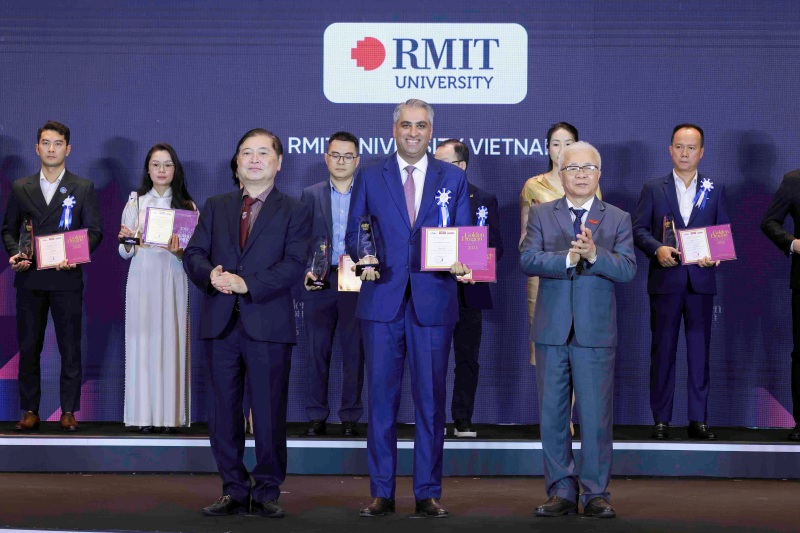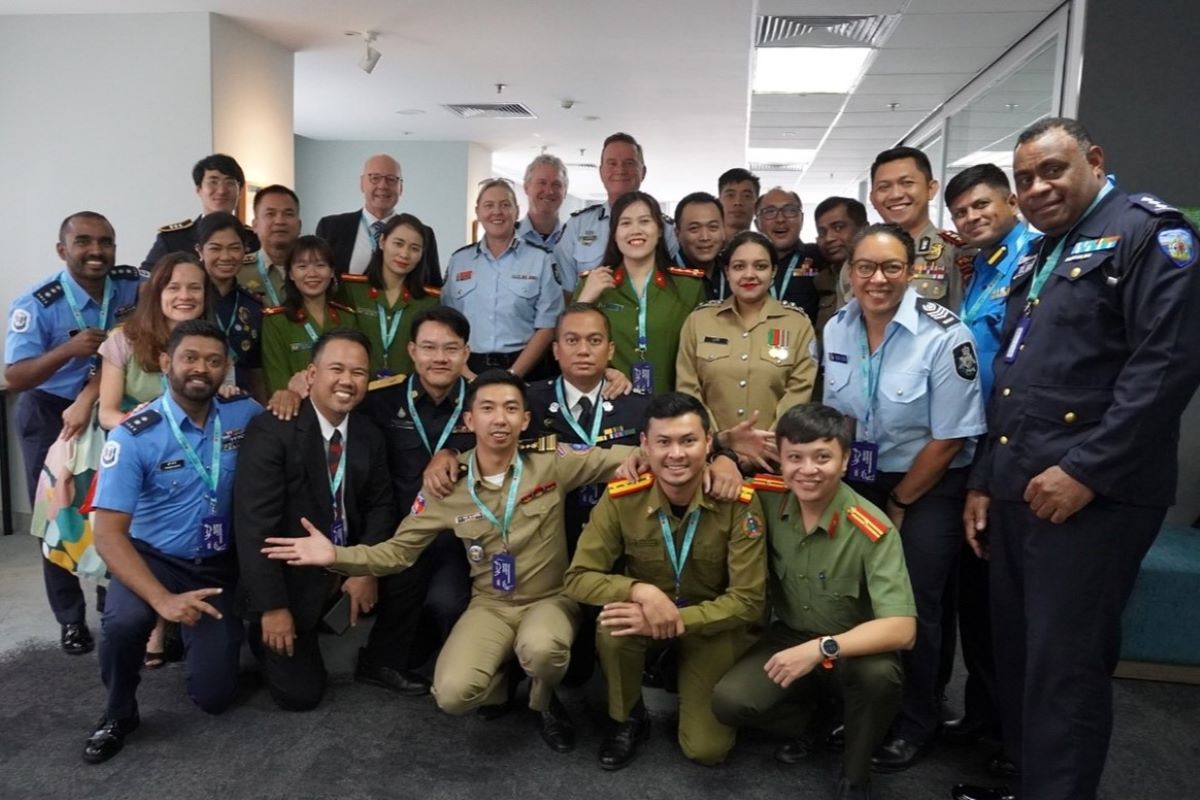Using project-based learning, students had an opportunity to master some of the computer science subjects recommended by MOET’s new curriculum, while teachers benefitted from practising how to engage and deliver robotics and coding lessons in a virtual classroom.
By the end of CODE’s intensive workshop, participating student teams were able to use educational robots in real life. The workshop received positive feedback from participating teachers and students, demonstrating CODE’s mission to make STEM, robotics and coding accessible to young people across Vietnam.
Viet Tri high school (Phu Tho City) teacher Ms Nguyen Thi Lien said that the CODE project-based learning model helped students to acquire not only interdisciplinary knowledge but also essential soft skills such as problem-solving, teamwork, presentation and critical thinking.
“The model has provided students interdisciplinary and integrated knowledge in coding, maths, physics, biology and technology,” Ms Lien said.
“It was delivered through daily life topics such as making a tour guide robot, a gardening robot, an automatic delivery robot or a robot to protect the environment, and it was extremely interesting and practical.
“At the end of each project, students gain solid knowledge and are more confident in expressing themselves.”
Grade 10 student from Viet Tri high school Nguyen The Nam expressed how excited and surprised he was by the CODE workshop.
“I was attracted from the very first lesson – it was fascinating,” Nam said.
“I feel fortunate to have a chance to expand my knowledge about robots – something I believe will support people a lot in all aspects in the future.”
Following the success of its workshop, CODE aims to support more high schools across Vietnam throughout 2022 in order to build teacher and student engagement in computer science subjects while still covering required knowledge in the new textbook.
RMIT Digital Outreach and Engagement Manager Ms Huynh Thuc Yen said that CODE has just hosted four webinars for high school teachers to provide more insights on the connection between CODE’s workshop and MOET’s new curriculum.
“The events attracted nearly 70 teachers from 30 high schools,” Ms Yen said.
“We hope to generate more collaboration with these schools this year and expand our training sessions to many more high schools across Vietnam, so that both teachers and students can adopt the new curriculum better and achieve greater learning outcomes.”
Established at RMIT University in 2016, CODE’s mission is to equip learners with the knowledge and skills needed to thrive in a digitally transformed world. Its current focus is on analytics, augmented reality, robotics and STEM education. CODE’s expertise in robotics and coding education for young people has been recognised by funding from the U.S. Consulate General Ho Chi Minh City.
Story: Ha Hoang





